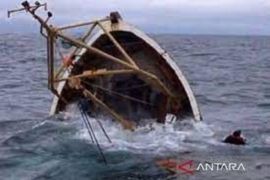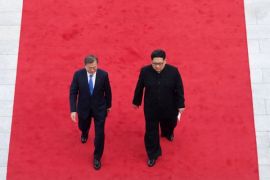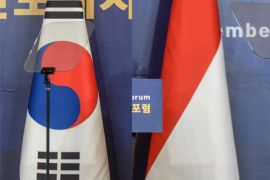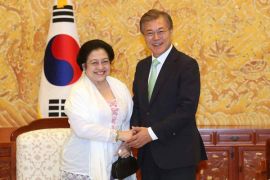Exercises like this ensure we are always ready to defend against an attack from North Korea."Seoul (ANTARA News) - The United States has temporarily deployed an additional Patriot missile battery in South Korea following North Koreas recent nuclear test and long-range rocket launch, US Forces Korea said Saturday.
The move came as the two allies plan to start detailed discussions on bringing in an advanced, high-altitude US missile defence system opposed by China as early as next week.
"This deployment is part of an emergency deployment readiness exercise conducted in response to recent North Korean provocations," the US Forces Korea said in a press statement, referring to the temporary roll-out of a Patriot missile battery, which was flown from Fort Bliss, Texas this week.
"Exercises like this ensure we are always ready to defend against an attack from North Korea," said Lieutenant General Thomas Vandal, commander of the US Eighth Army.
The newly deployed Patriot battery is conducting ballistic missile defence training with the Eighth Armys 35th Air Defense Artillery Brigade at Osan Air Base, some 47 kilometres (30 miles) south of Seoul.
The brigade has its own two Patriot battalions. One Patriot battalion is reportedly composed of four batteries.
Just hours after North Korea launched a long-range rocket that both condemned as a disguised ballistic missile test, South Korea and the United States announced their intention to start discussions on deployment of the Terminal High Altitude Area Defence System (THAAD).
The Pentagon has since stressed that it would like the system to be deployed in South Korea "as quickly as possible", AFP reported.
A senior South Korean defence ministry official said Friday detailed discussions on THAAD deployment would kick off as early as next week.
China and Russia argue that it would trigger an arms race in the region, with Beijing voicing its "deep concern" over the deployment.
South Korea had previously declined to formally discuss bringing in THAAD in deference to the sensitivities of China, its most important trade partner.
But North Koreas continued missile testing and frustration with Beijings resistance to imposing harsh sanctions on Pyongyang apparently triggered a change in Seouls stance.
Editor: Priyambodo RH
Copyright © ANTARA 2016












